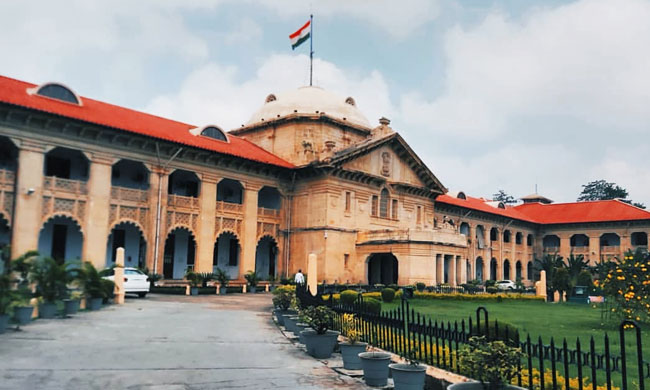Radhika Mittal
The Allahabad High Court has ruled that disputes arising under Section 138 of the Negotiable Instruments Act, 1881 (NI Act) can be settled through compromise, irrespective of any conflicting provisions in other legislation such as the Criminal Procedure Code (CrPC). This significant judgment came in the case of Ravindra Kumar Yadav v. State of U.P., where the court considered an application challenging the conviction and sentence related to cheque dishonour.
Case Background
Ravindra Kumar Yadav was convicted by the Trial Court and the Appellate Court for an offence under Section 138 of the NI Act, which pertains to the dishonour of cheques. The applicant had been sentenced to two years of rigorous imprisonment and a fine of Rs. 45 lakhs. Following his conviction, he filed a revision application with the Allahabad High Court, seeking relief from the sentence on the grounds of a settlement with the complainant.
Court’s Observations
Justice Shamim Ahmed, presiding over the case, underscored the special provisions of the NI Act that allow for the settlement of disputes at any stage, including during the pendency of a revision application. The court highlighted Section 147 of the NI Act, which permits the compounding of offences under this Act, emphasizing that the law encourages such settlements to expedite the resolution of financial disputes.
Emphasis on Settlement
The court noted that the primary aim of Section 138 is compensatory rather than punitive. By allowing settlements, the law intends to ensure that the aggrieved party receives due compensation, which serves the purpose of the NI Act more effectively than a purely punitive approach. The ruling thus recognized the economic nature of the offence and the importance of flexibility in legal remedies to achieve justice.
OutcomeCourt’s Decision
In light of the settlement reached between Ravindra Kumar Yadav and the complainant, the court accepted the compromise and quashed the conviction and sentence. This decision underscores the judiciary’s support for resolving financial disputes through mutually agreed terms, reflecting the broader legislative intent behind the NI Act.
Conclusion
This judgment from the Allahabad High Court reinforces the principle that settlements under Section 138 of the NI Act can be pursued at any procedural stage, promoting the resolution of financial disputes in a manner that is compensatory and pragmatic.
Case Name: Ravindra Kumar Yadav v. State of U.P. Thru. Addl. Chief Secy. Home, Civil Secretary. Lko. And Another
Neutral Citation: 2024: AHC-LKO:40076)
Bench: Justice Shamim Ahmed

